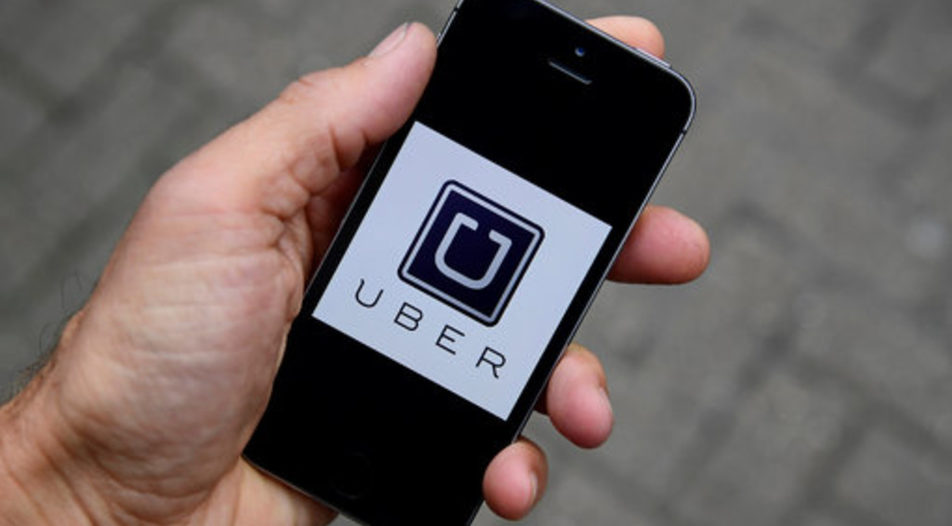Uber is one of those companies that stir controversies in every country in which they decide to make business. Bulgaria is one of them: after Uber launched services in the country in December 2014, the Commission for Protection of Competition initiated legal action against the company. In September 2015, the Supreme Administrative Court decided that Uber should no longer operate in Bulgaria, as the company failed to comply with taxi transport regulations requiring owners to paint their cars yellow, to pay taxes in Bulgaria, and to declare their tariffs.
The Uber case in Bulgaria is not unique, as other countries have opposed its business model as well. However, it illustrates quite well the unified and strong resistance that regulators often build around incumbents without taking into account any argument the disruptive industries bring in their defense.
In the spring of 2015, Sofia Municipality sent a letter to the CPC just five days after Uber started operating in Bulgaria. It expressed concerns about the safety of the service the company provides. The Bulgarian legislation bans the offering of services for transporting clients for money without the required registrations, Sofia Municipality argued. One of the leading taxi companies in Sofia, "OK Supertrans", also filed a complaint, claiming that Uber was its direct competitor but did not comply with the law and introduced dumping practices into the taxi transport market.
Up to that point, the registered cars were almost 400, according to Uber's own data.
In July 2015, the CPC ruled that Uber was involved in 'unfair competition' by offering unregulated taxi services and should cease the practice immediately. The commission fined Uber and Rasier Operations, both registered in the Netherlands, with 50,000 levs each for unfair competition and with a further 50,000 levs for not providing financial information. In September 2015, the Supreme Administrative Court upheld the CPC decision.
Uber has its conflicts with local regulators all over Europe and beyond. It had to suspend its services in China, Spain and in big cities like Brussels and Amsterdam.
Uber is one of those companies that stir controversies in every country in which they decide to make business. Bulgaria is one of them: after Uber launched services in the country in December 2014, the Commission for Protection of Competition initiated legal action against the company. In September 2015, the Supreme Administrative Court decided that Uber should no longer operate in Bulgaria, as the company failed to comply with taxi transport regulations requiring owners to paint their cars yellow, to pay taxes in Bulgaria, and to declare their tariffs.
The Uber case in Bulgaria is not unique, as other countries have opposed its business model as well. However, it illustrates quite well the unified and strong resistance that regulators often build around incumbents without taking into account any argument the disruptive industries bring in their defense.












